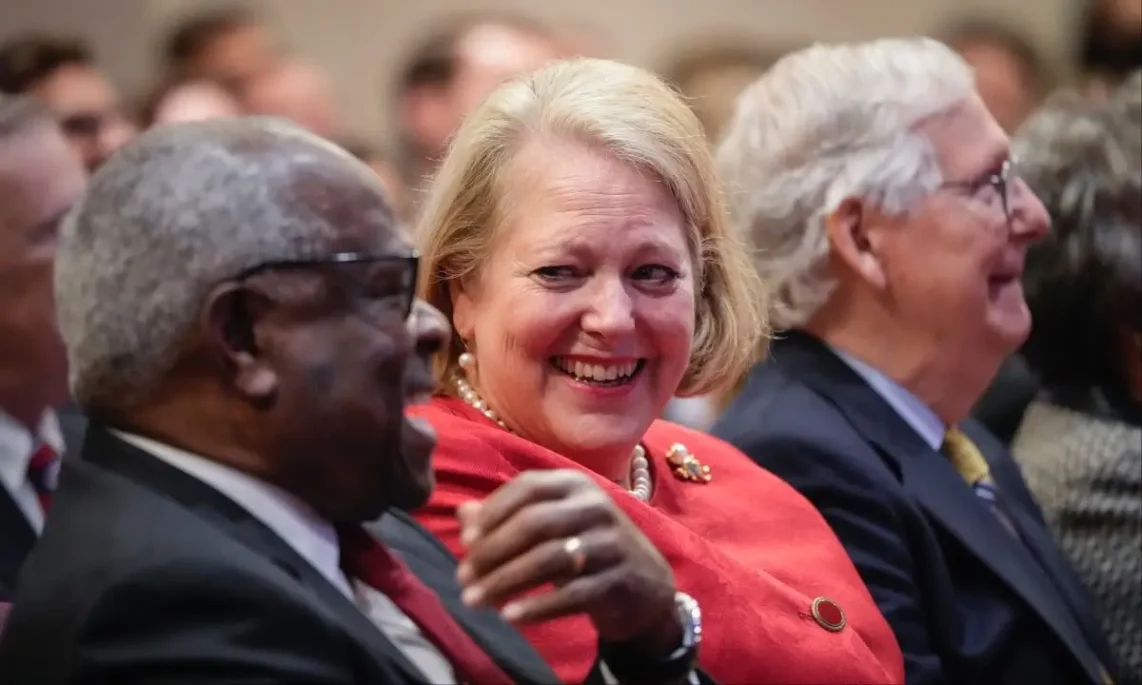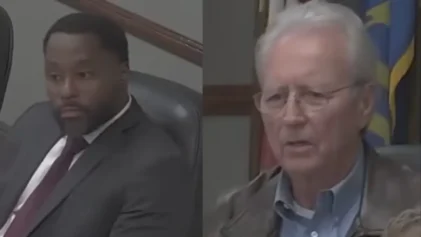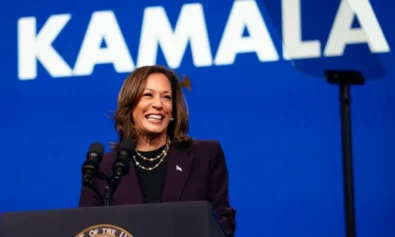During recent oral arguments, U.S. Supreme Court Justice Clarence Thomas raised questions about the legal proceedings against the Jan. 6 Capitol rioters, leading to backlash against the conservative justice, who is accused of downplaying the severity of the insurrection that has led to hundreds of rioters facing prosecution.
According to a CNN report, the conservative majority of the Supreme Court hinted on Tuesday that it might rule it is unconstitutional to apply a felony obstruction of an official proceeding charge that prosecutors have brought against more than 350 individuals of the more than 1,300 prosecuted for their involvement in the U.S. Capitol riot on Jan. 6, 2021. The decision could compel the Justice Department to revisit some of the cases.

Supreme Court justices heard arguments in a case involving former Pennsylvania police officer, Joseph Fischer, whose attorney told the highest court that prosecutors, applying a statute enacted in response to destruction of documents in the 2002 Enron corporate crime case, “overstepped by charging his client with what critics previously framed as an anti-shredding law,” CNN reported.
Several individuals have been indicted for their attempts to overturn President Joe Biden’s victory in the 2020 presidential election. On Monday, Thomas was not present for oral arguments, with the court declining to provide a reason for his absence. But he returned on Tuesday.
Thomas has refused to recuse himself from cases related to the Capitol riot, despite his wife’s, Ginni Thomas, involvement in events surrounding Jan. 6. He has faced criticism for his comments during the oral arguments, with some suggesting that his perspective might have been influenced by his wife’s participation in the insurrection.
Despite the calls for recusal, Thomas has disregarded those requests and put forth several questions that challenged the case.
“There have been many violent protests that have interfered with proceedings,” Thomas questioned Solicitor General Elizabeth Prelogar on Tuesday, as reported by CNN. “Has the government applied this provision to other protests in the past?”
Prelogar acknowledged that the Justice Department has enforced the law more extensively than in cases of evidence tampering, but conceded it has not been previously used against “a situation where people have violently stormed” a building. She attributed it to the unique nature of the Capitol attack. “I’m not aware,” she stated, “of that circumstance ever happening prior to January 6.”
Numerous people took to social media to raise concerns following Thomas’ comments in the case. “Justice Thomas just suggested J6, legally, is no different than any other violent attempt to disrupt official proceedings,” lawyer Mike Sacks wrote on X.
“It’s totally inappropriate for Justice Thomas to be asking questions on this case. Totally! His wife is an actor in the #january6 riot! #SCOTUS,” columnist Sophia A. Nelson wrote, according to Newsweek.
Democratic Vermont Rep. Becca Balint said on social media that “Clarence Thomas must immediately recuse himself from this Supreme Court case. His wife, Ginny Thomas, pushed hard to overturn the results of the 2020 election. We have the receipts. 29 text messages with Mark Meadows.”
Meanwhile, Thomas’s wife allegedly utilized her influence to bolster conservative backing for Trump’s unfounded allegations in the weeks after the disputed election.
She reportedly sent text messages to Mark Meadows, Trump’s chief of staff at the time, indicating her support for efforts to overturn the election results and retain Trump in power, thereby contesting the established norms of peaceful power transition. She was also present at the infamous “Stop the Steal” rally just before the violent crowd breached the Capitol.
The case comes as more than half of Americans feel Thomas should retire, according to a new poll, the Miami Herald reported. The poll also included the two other oldest members of the Supreme Court — Samuel Alito and Sonia Sotomayor. In a poll conducted by The Economist/YouGov on April 17, 53 percent of respondents said Thomas should step down, while 26 percent feel he should remain on the bench. The poll sampled 1,574 respondents between April 14 and 16.


